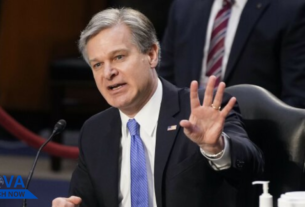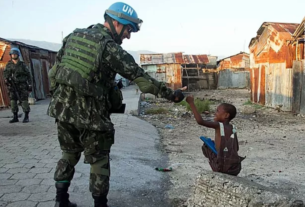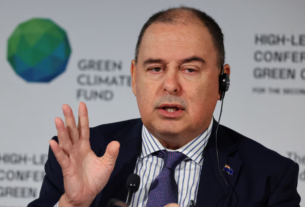United Nations agency welcomed the United States’ decision to issue a waiver ensuring the continued supply of life-saving HIV treatment. The waiver allows pharmaceutical companies to keep delivering essential HIV medications to countries facing supply disruptions due to trade restrictions.
Health organizations have warned that delays in treatment could lead to severe consequences for millions of people living with HIV. “This decision is critical to preventing treatment interruptions that could increase infections and deaths,” said Peter Johnson, a spokesperson for the Global Fund.
The World Health Organization (WHO) stressed the importance of uninterrupted access to these medications. “The global fight against HIV depends on reliable treatment supply chains,” said WHO official Maria Gomez.
Without the waiver, some patients would have faced life-threatening gaps in their treatment. Experts say the waiver will allow antiretroviral drugs, which help control the virus, to remain accessible in affected regions.
The waiver is expected to benefit countries in sub-Saharan Africa, where HIV rates are highest, and other regions dependent on U.S.-manufactured drugs. Health experts argue that any disruption to treatment programs could reverse years of progress.
“Patients need continuous access to these medications to survive,” said Dr. Sarah Lee of the International AIDS Society. She added that stopping treatment, even briefly, could increase the risk of drug resistance and make future treatment less effective.
Advocacy groups pushed for the waiver after reports showed that restrictions were already slowing shipments of key HIV drugs. Lisa Green, a global health advocate at Doctors Without Borders, warned that bureaucratic delays could cost lives.
“Governments must prioritize health over politics to prevent such crises in the future,” Green said. She urged world leaders to develop long-term solutions to ensure essential medications reach those in need without unnecessary delays.
The United States remains a major supplier of HIV treatment, funding programs that provide medication to millions worldwide. The President’s Emergency Plan for AIDS Relief (PEPFAR) has played a crucial role in supporting HIV treatment in low-income countries.
The WHO has set a goal to end the AIDS epidemic by 2030, making continued treatment access a global priority. Experts say the waiver is a necessary step to achieving this target.
While the waiver ensures short-term stability, global health leaders are calling for permanent solutions. “We need stronger international policies to prevent future disruptions,” Johnson said.
As the waiver takes effect, health organizations hope this decision signals a lasting commitment to fighting HIV/AIDS worldwide. “Millions of lives depend on these medications, and we cannot afford any setbacks,” Gomez said.




